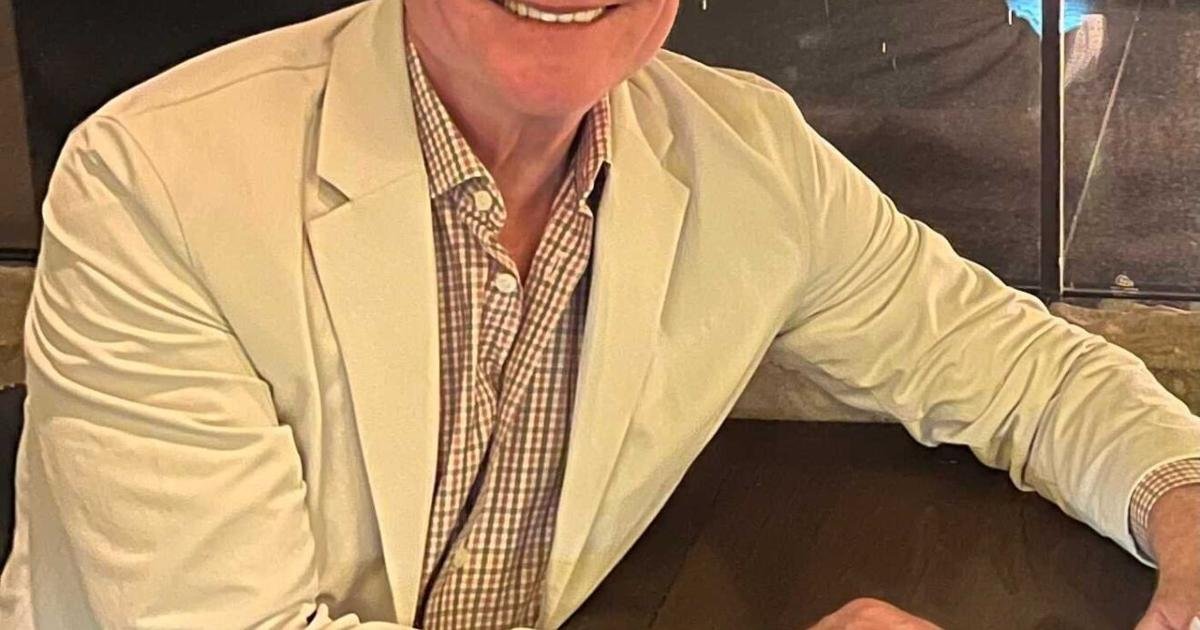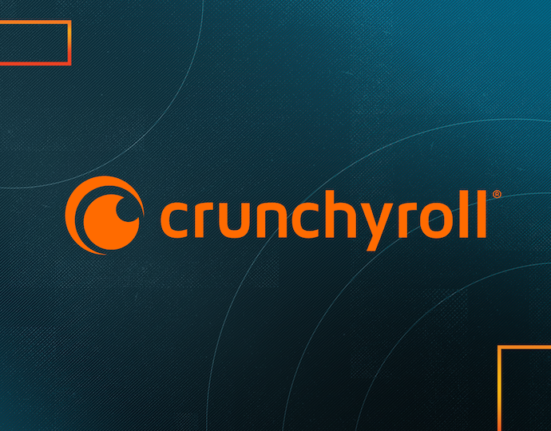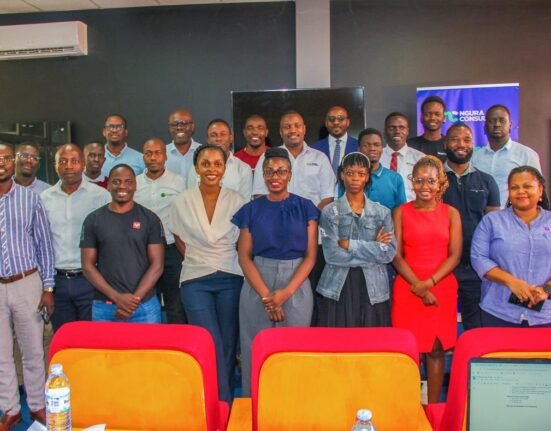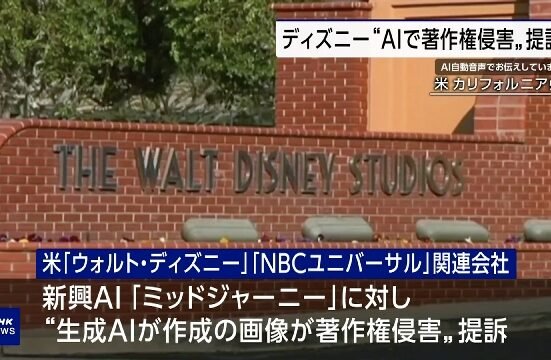In a picture from 1974, Britton Sanderford, sitting in front of a circuit board with his pageboy cut and dark-rimmed glasses, looks like he wouldn’t have been out of place in that mythical Los Altos garage with Steve Wozniak and Steve Jobs at the birth of Apple computers.
In fact, Sanderford was literally in his own garage in Kenner around the same time working on inventions.
A colleague of his, Nicholas Hansel, said Sanderford was a “technical prodigy” and wrote the featured paper in IEEE Computer, a prestigious electronics academic publication, when he was just 16 years old.
Now 68 and father to four grown children with wife Sheila, Sanderford can look back on a career where he has obtained more than 80 patents, many of them making significant progress in areas including mobile phones and smart metering. One of his early inventions was a breakthrough in dye pack technology, to catch bank robbers more effectively.
He has also started several companies, including Advanced Metering Data Systems, which he sold in 2006 to Sensus Metering Systems for around $180 million. Later, he founded Axonn LLC, a pioneer in spread spectrum communications — Axonn was the first U.S. company to receive Federal Communications Commission approval for this technology, and its patents were licensed by 18 companies. The company was sold to Globalstar (which later relocated from Silicon Valley to Covington) for about $11 million.
Sanderford is still in the innovation business. His latest venture is Focus Automated Equities, which is using artificial intelligence to make above-market returns on investment. He said it’s like trying to create a robot stock analyst that unlike a human has the ability to look at 25 years of data for predictive patterns in a matter of seconds.
The Q&A has been edited for length and clarity.
Your colleague referred to you as the “Patent King of New Orleans.” But do you think it’s fair to say that despite your success in inventing and innovating and selling companies based on your technology — for dollar amounts that would make a big splash in today’s environment — you’ve flown a bit under the radar?
Oh, I don’t know about that. But you know I got to meet Jay Lapeyre’s dad (J.M. Lapeyre), who I think was the real patent king of New Orleans. He had something like 180 patents, and I know how difficult it is to get one. He invented the shrimp peeling machine, an electro-optical printing system, the modular conveyor belt. The diversity of his inventions was really quite amazing. But it was his son, Jay, who figured out how to monetize it. The patent on its own doesn’t do you any good unless you figure out how to make money with it.
You’ve concentrated more on investing in recent years, backing some local New Orleans companies.
I’ll get asked to help some companies with new technology looking to start up, and I’ll sometimes help them with their patents. But I would not consider myself a venture capitalist, because that’s a very rigorous environment. It’s more through relationships and I get involved. I think in New Orleans we have some great attributes that maybe get overlooked in technology. In Silicon Valley, if you have a company with a great idea you’ll get someone staying there 18 months, three years maybe. But in New Orleans, if you have a company that really takes care of people they can stay with you a really long time and it allows you to set long-term objectives.
Was that your experience in the companies you founded?
That’s interesting because the way that (Advanced Metering) was purchased was an earn out over five years, and I stayed on at Sensus as chief technology officer. We had probably 30 people, and Sensus had, like, 4,000 people at the time. Our team ended up being very integrated into Sensus and stayed with the company as it expanded. They sold something like 200 million water gas and electric meters across the world. They’ve even now started to sell some to the Sewerage & Water Board in New Orleans.
How many people to you have in your current venture?
We’ve been building FocusVQ and Focus Automated Equities, platforms to perform automated trading. Combined, the companies employ and contract with 30 full- and part-time employees and consultants, including a core group of machine learning experts from a variety of backgrounds. We’re also engaging with finance professionals, quantitative investing experts, exchange specialists, academics, and fund managers. I have personally invested nearly $20 million so far based on a 35-year vision to use biologic neuron models to trade stock signals.
Any other local companies you have an interest in?
My daughter has started docpace, which uses AI to keep doctors’ offices on schedule. But that’s another story.







